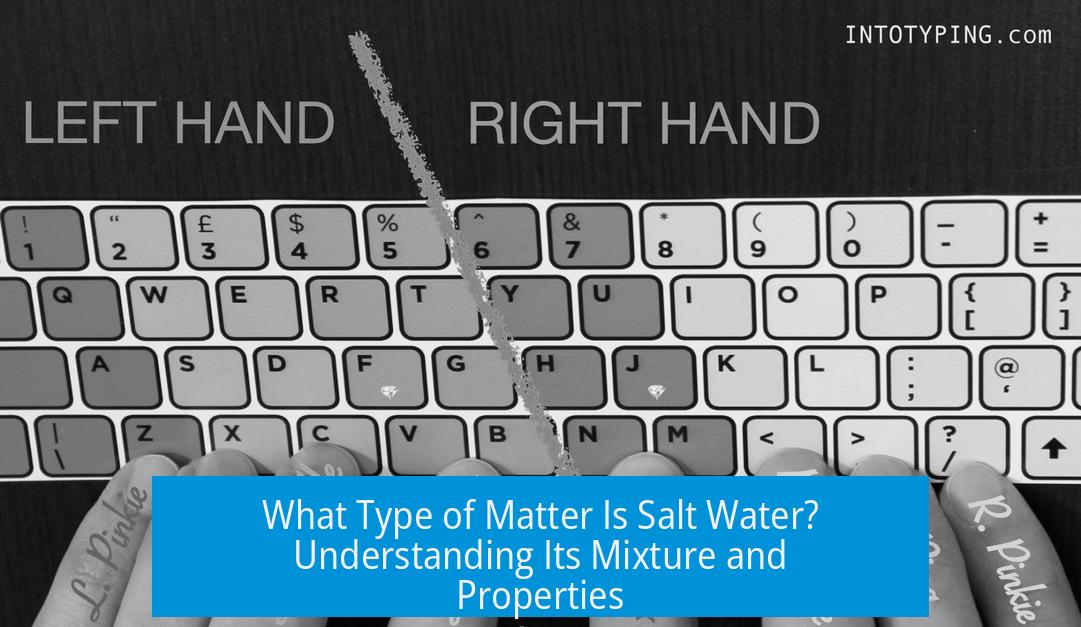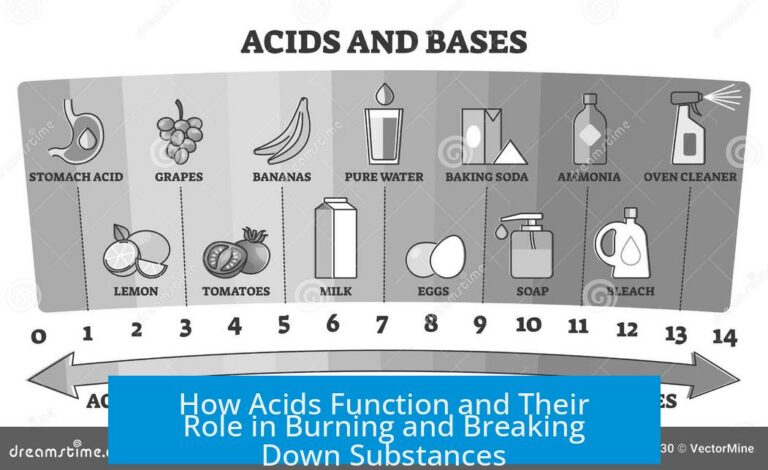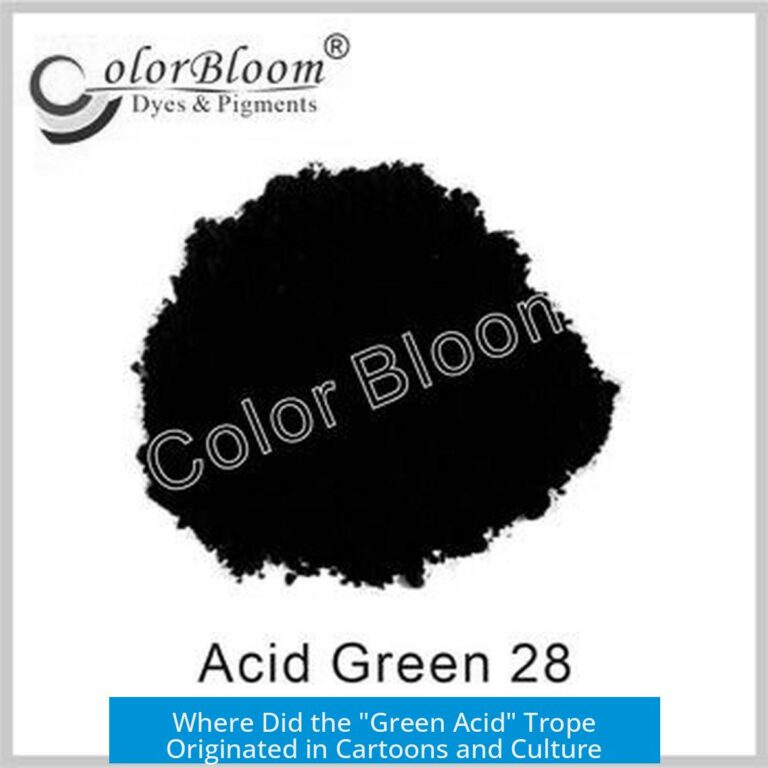What Type of Matter Is Salt Water?
Salt water is a homogeneous aqueous solution, which is a type of mixture where salt (NaCl) dissolves completely in water, forming a uniform liquid phase with ions dispersed evenly.
Salt Water as an Aqueous Solution
Salt water is best classified as an aqueous solution, often written with the state subscript “(aq).” This indicates that salt is dissolved in water, forming a single liquid phase where sodium and chloride ions are dispersed at the molecular level.
Homogeneous Mixture Characteristics
Due to the complete dissociation of sodium chloride into ions, salt water appears uniform throughout. It is a homogeneous mixture because you cannot distinguish the salt from the water by looking at it.
- When well mixed, salt water looks the same at every point in the container.
- This uniformity holds true as long as the solution is not saturated to the point where undissolved salt settles.
Phase and Physical Uniformity
Salt dissolved in water forms one cohesive liquid phase. Even if initially there are small concentration differences, diffusion quickly equalizes these, restoring uniformity.
Electrolytic Properties
Salt water conducts electricity because the dissolved ions move under an electrical field. Sodium cations migrate toward the negatively charged electrode, while chloride anions move toward the positively charged electrode.
This ion movement creates an electric current, demonstrating salt water’s role as an electrolyte solution.
| Property | Description |
|---|---|
| Matter Type | Homogeneous mixture (aqueous solution) |
| Composition | Sodium chloride dissolved in water |
| Phase | Single liquid phase |
| Uniformity | Uniform throughout when well mixed |
| Electrical Conductivity | Conducts via ion movement (electrolyte) |
Key Takeaways
- Salt water is a homogeneous aqueous solution.
- It consists of uniformly distributed sodium and chloride ions in liquid water.
- It appears uniform and behaves as a single phase if not oversaturated.
- Salt water can conduct electricity due to free ion movement.
- Its uniformity depends on proper mixing and absence of solid salt precipitates.
What type of mixture is salt water?
Salt water is a homogeneous mixture when it is well mixed and not oversaturated. It looks uniform throughout, with no visible solid salt separating from the water.
Is salt water considered a solution or a mixture?
Salt water is an aqueous solution, indicated by the (aq) state. The salt dissolves completely, forming a uniform liquid phase with water.
Why is salt water classified as homogeneous?
Salt water is homogeneous because the dissolved salt ions are evenly distributed. This results in a consistent taste and appearance no matter where you sample it in the glass.
Does oversaturation affect salt water’s mixture type?
Yes. If salt water is oversaturated, solid salt may appear at the bottom, making it heterogeneous. Only unsaturated salt water remains homogeneous.
How does salt water conduct electricity?
Salt water conducts electricity because dissolved ions move toward electrodes when voltage is applied. Cations head to the negative electrode and anions to the positive, creating an electric current.





Leave a Comment